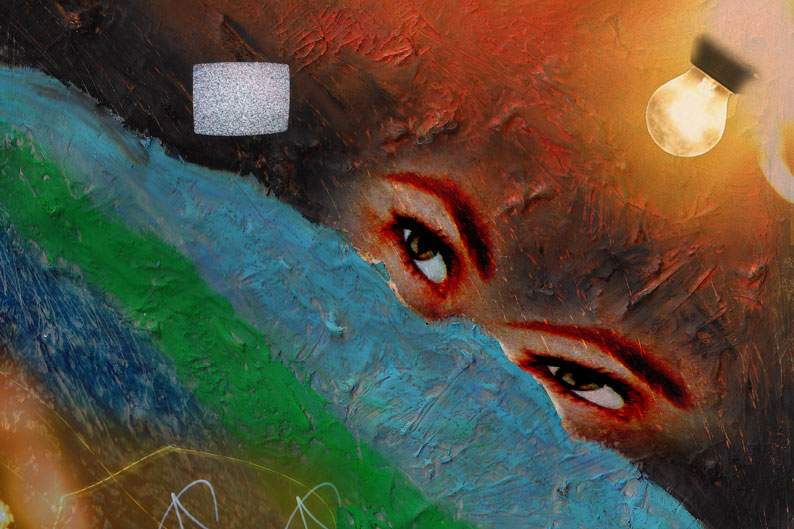
Getting too little sleep can leave you feeling tired, cranky and foggy-headed. But losing sleep also has serious biological consequences with lasting effects.
According to experts, sleep deprivation causes parts of your brain to shut down after a while. The brain's frontal cortex, responsible for high‑level thinking, turns off after staying awake for long stretches. Even though you're technically conscious, you enter a confused, trance‑like state.
The costs don't end there. Sleep loss triggers extra spurts of cortisol--a hormone linked to stress--and jolts your cardiovascular system, causing your blood pressure and heart rate to spike. What's more, not getting enough shut-eye damages your pancreas causing symptoms similar to that of diabetes. And finally, lab tests reveal that too little sleep causes a loss of bone density.
ATTENTION Night Owls! Sacrificing sleep takes a heavy toll on your body, and can cause serious health problems and leave you vulnerable to colds and viruses. All of these bad outcomes, however, can be reversed simply by giving up the graveyard shift and getting plenty of rest. Doctor's orders.









